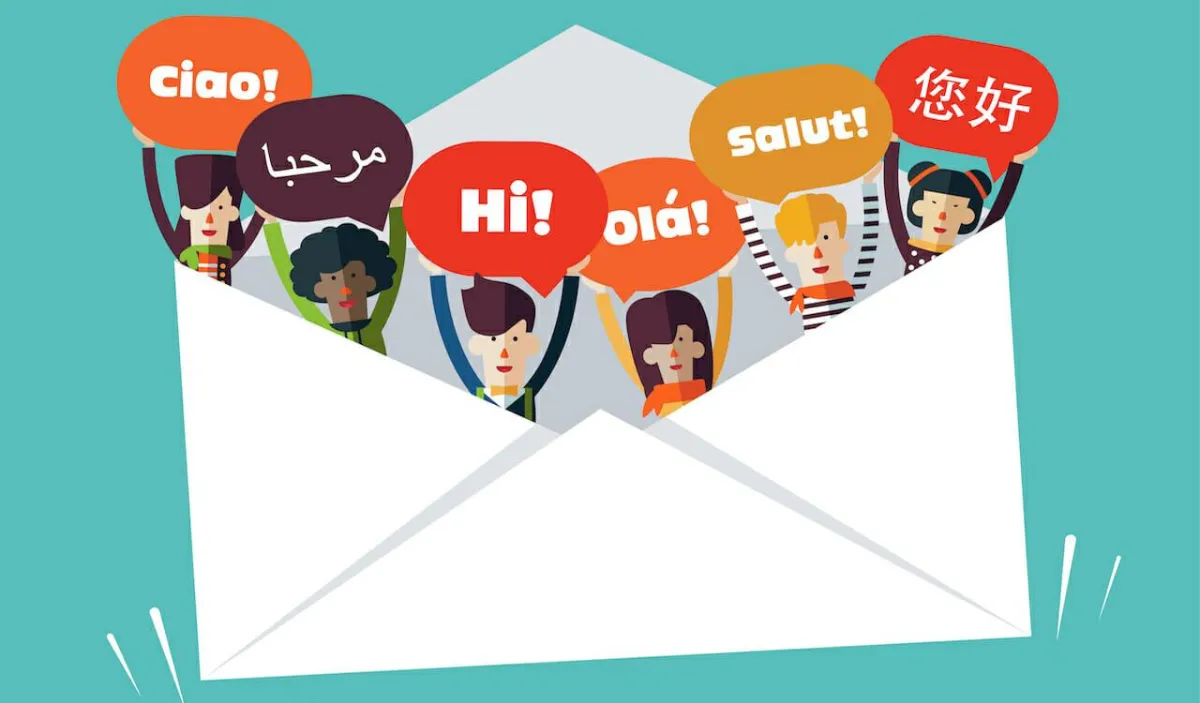Our Latest Articles

How Culture-First Marketing is Replacing Traditional Advertising in 2025
Quick Summary
Traditional ads are losing relevance. In 2025, brands win attention by embedding themselves in cultural conversations, building trust with diverse audiences, and delivering authentic narratives that answer—not interrupt—consumer intent.
Why Culture-First Marketing Is Emerging
Decline of interruption ads: Banner blindness, ad blockers, and AI-powered search filters have weakened the old model.
Cultural resonance beats reach: Audiences now reward brands that reflect shared values, identities, and cultural moments.
Diverse audience growth: Multicultural consumers are driving purchasing power, reshaping marketing strategies.
How It Differs From Traditional Advertising
Advertising = Shouting to be seen.
Culture-first marketing = Listening, embedding, and co-creating meaning.
Instead of CPMs and GRPs, success is measured by inclusion in cultural dialogue (mentions, shares, AI citations).
Examples of Culture-First in 2025
Brand as participant: Companies co-sponsoring cultural events or TikTok trends instead of running disruptive ads.
Localized authenticity: Campaigns designed with community voices, not repurposed global templates.
AI & GEO-driven presence: Smart brands are crafting answer-first content to appear in AI summaries and cultural explainers.
SEO & AI Visibility Angle
To dominate in AI-driven search, culture-first content must be:
Answer-ready: Concise, fact-backed, formatted for snippets and AI overviews.
Emotionally charged: Headlines with curiosity or emotional pull—phrases like “this is why” or “will make you” still perform best.
Schema-backed: FAQ + Article JSON-LD makes content machine-readable and more likely to be cited in AI responses.
Key Takeaways
Traditional advertising is being replaced by cultural immersion.
Success depends on authenticity, inclusivity, and AI-era discoverability.
Brands must think beyond ads: they must become cultural storytellers and answer providers.
Next Steps (SEO Playbook)
Week 1: Audit top 25 “future of advertising” and “culture-first marketing” queries for AI answer inclusion.
Week 2: Publish 3–5 Answer Cards (100–120 words each) with cultural + evidence-backed claims.
Week 3: Add FAQ + Article JSON-LD schema to your main explainer page.
Week 4: Outreach to media/publishers covering cultural marketing trends for citations.
Question:
What is culture-first marketing, and how is it replacing traditional advertising in 2025?
Direct Answer:
Culture-first marketing is a strategy where brands prioritize authentic participation in cultural conversations over traditional ad placements. Instead of interrupting audiences with paid spots, brands embed themselves in communities, reflect diverse identities, and co-create meaning. In 2025, this approach is overtaking traditional advertising because consumers distrust hard-sell tactics and seek cultural resonance. AI-driven search further accelerates this shift: answer engines favor concise, credible, and inclusive content over broad ad campaigns. Companies that adopt culture-first methods are seeing stronger engagement, brand loyalty, and visibility in AI summaries, while traditional advertising continues to lose relevance.
Key Claims + Sources:
Consumers reject interruptive ads, turning to authenticity
Emotionally and curiosity-driven headlines perform best
AI Overviews reward answer-ready content
Mini-Diagram Suggestion:
A split funnel:
Left side = “Traditional Ads” (low trust, declining reach).
Right side = “Culture-First Marketing” (community trust, AI visibility).
Related FAQs:
Why is culture-first marketing more effective than traditional advertising?
How does AI search favor culture-first content in 2025?
What are examples of brands succeeding with culture-first strategies?
CTA:
[See how to make your brand culture-first in 2025 → Free Strategy Guide]
Services
Cultural Intelligence
AI-Powered Campaigns
Growth Programs
Digital Activation
Resources
Case Studies
Blog
Events
Cultural Intelligence Report
Company
About
Team
Careers
Contact
Newsletter
Global Village Group. Connecting cultures. Growing revenue.
© Copyright 2026. Global Village Group. All Rights Reserved. Powered by Legacy Business Partners



